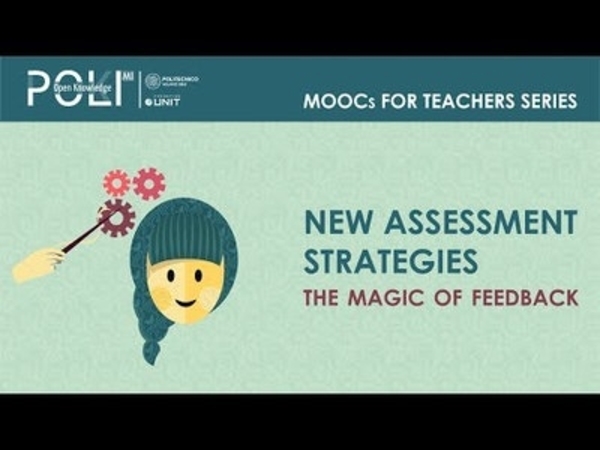Price:
5944 EUR
Contact
Politecnico di Milano
Description
Many times in students’ lives assessment is synonym of stressful experience, and connecting “learning” with “stress” means making it an awful experience after all, which compromises long term memory of what you have learned. Neuroscientific research proved it already; positive motivation, on the contrary, promote a qualitative improvement of the brain circuitry involved in memory and executive functions.
Superior learning happens in classroom experiences relevant to students’ lives, interests and experiences. So: what if we moved the assessment within the learning path? We could transform it in a check-in to see if learning is there, otherwise we could give feedback and support students to get back on track. A question or an exercise, every once in a while, does not interrupt the learning flux but supports it in keeping the right direction, toward the achievement of the learning outcomes. After that learning will be already there, it’s only a matter of its measurement.
This MOOC is entitled “New Assessment Strategies”, because it focuses on new ways to perform assessment, focusing on learning and not only on its measurement. It is part of the “MOOCs for Teachers” series and according to the series’ style, it talks mainly to teachers who want to improve their effective support to students. It could be interesting also for teachers and professors who already apply formative assessment strategies with their students and surround their class time and online activities with the magic of feedback, but are still willing to see new perspectives and are seeking for people to share their experience with. Any other participant, as usual, is more than welcome to share their non-professional, role-free, in-depth opinion on the subject: their contribution can only enrich our participants further on!
In this MOOC you’ll have the chance to listen about these factors directly from the voice of teachers who are familiar with different kind of formative feedback in very different contexts. You’ll meet the following guests: Marius Boboc (Professor Cleveland State University, USA) Ignacio Jaramillo Urrutia (Teaching Management Manager at the ILUMNO University Network, Colombia), Ana Moura Santos (Assistant Professor of the Dep. of Mathematics of Instituto Superior Técnico in Lisbon, Portugal) and Maurizio Zani (Physics Researcher at Politecnico di Milano, Italy).
Specific details
Category of Education
Education
